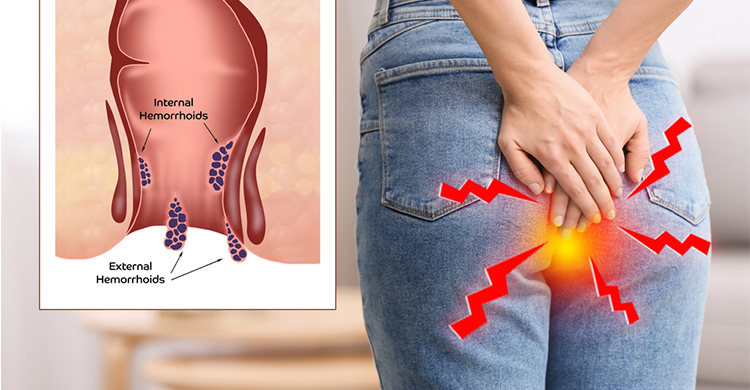
An infected tunnel formed between the skin and the muscle hole at the end of the digestive system is known medically as an anal fistula (anus). They frequently arise from an infection close to the anus that results in an abscess (an accumulation of pus in the adjacent tissue). Unpleasant symptoms from anal fistulas, such as soreness and skin irritability, can occur and typically do not go away on their own.
Anal fistula symptoms might include:
Anal abscesses and blocked anal glands are the main causes of an anal fistula. The following other, far less frequent disorders can result in an anal fistula:
Anal fistulas are usually treated surgically. An expert in colon and rectal surgery operates. The procedure aims to strike a balance between closing the fistula and safeguarding the anal sphincter muscles, which might get injured and lead to incontinence.
Most fistula surgeries are performed as outpatient procedures, allowing the patient to leave on the same day. After the procedure, patients with exceptionally wide or deep fistula tunnels might need to spend some time in the hospital. Sometimes, it may take a few surgeries to remove a fistula.